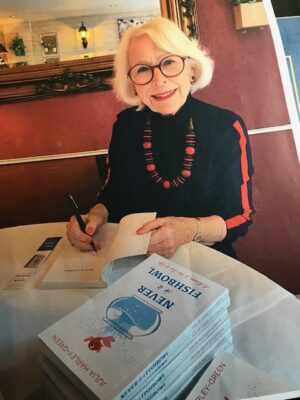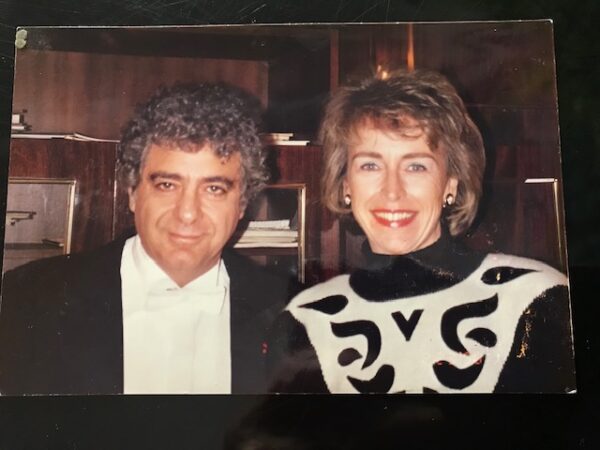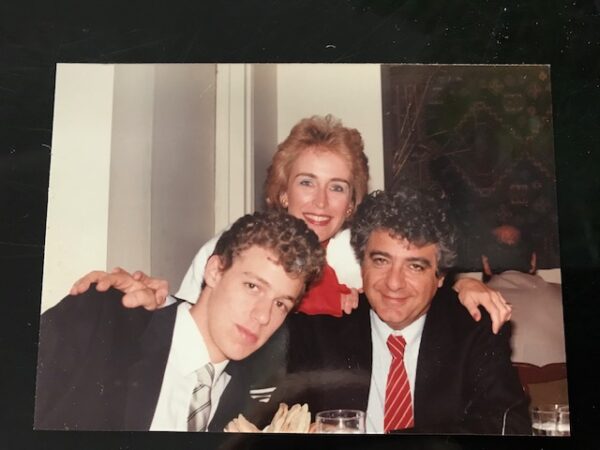YEREVAN-LONDON — Born and educated in Great Britain, writer, journalist Julia Harley-Green began writing professionally in Australia in the 1970s where she became a regular contributor to the Sydney Morning Herald.
Following her marriage to the Armenian composer/conductor Loris Tjeknavorian, she moved to New York in 1986. Three years later, shortly after the catastrophic earthquake in Armenia, they relocated to Yerevan where she wrote and presented English language programs on local television as well as teaching English.
She returned to the United States in 1992 and was based in Palm Beach, Fla, writing as columnist and contributor to regional newspapers and journals. While there, she also began working as a global volunteer travelling to several countries including Ukraine, Mongolia and Romania.
Her work has appeared variously in newspapers, literary journals and anthologies worldwide. Her short fiction and television scripts have won four awards.
She returned to live in London, England in 2015. Her memoir, “Never in a Fishbowl” was published in Britain in September, 2022 and is available from YPDBooks.com or Amazon Kindle.
Julia jan…










